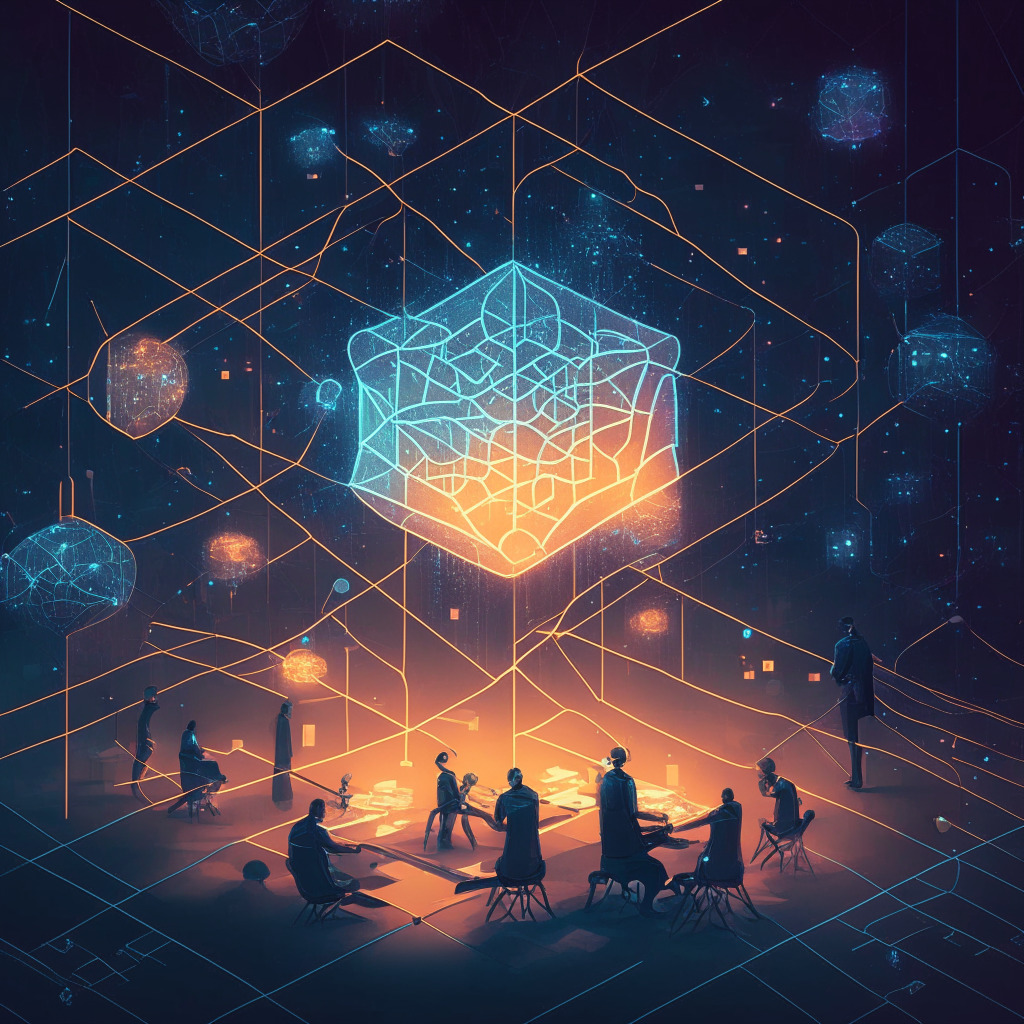In the rapidly evolving world of Decentralized Autonomous Organizations (DAOs), self-executing proposals have been a hot topic due to instances of unintended consequences. Just last week, DAOs faced two major mishaps. One was on Aave which led to around $110 million in assets freezing after a proposal was passed, while the other involved Tornado Cash where a cunning proposer made off with approximately 372 ETH, valued over $670,000. Though these proposals have been resolved, it still raises concerns about the potential drawbacks of self-executing proposals.
Self-executing DAO governance models enable an extra layer of decentralization by removing the necessity for intermediaries or centralized influences to approve actions. Subsequently, decisions made by the DAO are enacted immediately, allowing true autonomy in decision-making. However, entrusting entire control to stakeholders can also pose risks and make DAOs vulnerable to unforeseen exploits.
Having impartial third parties involved in the process can undermine the “A” in DAOs: Autonomous. The presence of these parties introduces risk and potential failure points in the system, leading to questions about who controls the DAO – the stakeholders or those who execute the proposal?
Striking the right balance is essential. Encouraging an active community drives the project forward, but as observed, there can be negative ramifications. To mitigate risks, DAO proposals that include proxy upgrades of smart contracts should be reviewed by security audit firms. This ensures that upgrades do not introduce backdoors or exploit the system.
Some protocols have already implemented measures such as timelocks that insert time delays between proposals and the implementation of upgraded code. This method gives users sufficient time to withdraw their funds if a nefarious proposal is approved, and it allows security engineers to focus on reviewing passed proposals.
Another approach is appointing DAO delegates, or business consultants, who are delegated voting power from token holders who may lack the technical expertise or time to monitor projects closely. These delegates vote on their behalf, making decisions they believe will benefit the project. Delegates are responsible for monitoring governance and ensuring that new code updates do not compromise the system.
Instead of asking whether DAOs should have self-executing proposals or not, it’s crucial to recognize that implementing such features is most likely inevitable. The industry’s progress towards greater regulatory clarity will inevitably reduce the acceptance of DAOs relying on third parties to execute proposals. Embracing the self-executing proposal model allows for a more equitable and fair management of public goods in the digital age.
While self-executing proposals may seem controversial now, they stand as a testament to the progressive nature of blockchain technology and its potential to revolutionize industries across the globe. The blockchain and DAO community must continue to adapt and innovate to find the perfect balance, ensuring the safety and success of decentralized governance models.
Source: Decrypt




